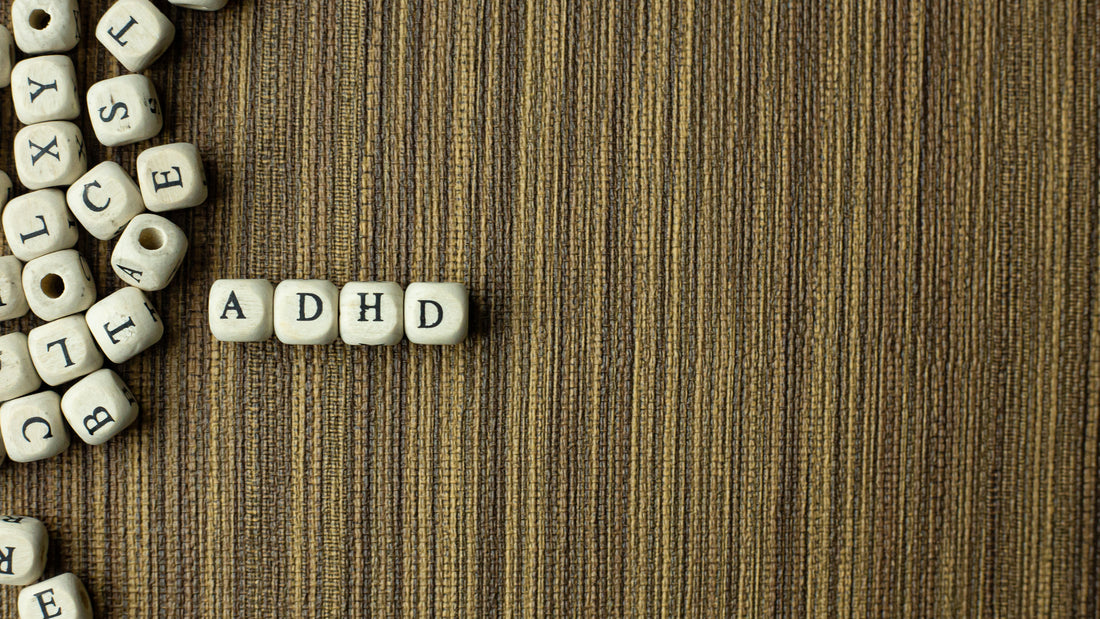ADHD in Adults by Dawn Hensley MA LPC, RPT, IPT-CST, AutPlay Certified
In thinking about ADHD the first thing that comes to many minds is a childhood based disorder that is caused by unruly children and poor parenting. There are many myths surrounding ADHD which could be a blog in and of itself, that is not this article. In the counseling profession, many adults come into care reflecting on childhood experiences that impacted how they would ultimately view the world as adults. This is the shared experience of a multiple of adults who attend therapy for the first time as adults and are introduced to the diagnosis, or lack thereof, of Attention Deficit Hyperactivity Disorder that has been present in their lives from a young age.
Adults may have received a diagnosis when they were young but never explained what exactly it was or how to manage it as it may have just been a “school problem.” For those with ADHD, it is not JUST a school problem. What exactly does ADHD look like in an adult who otherwise may have believed they grew out of the label, was mislabeled with another diagnosis, always wondered if they had it but never got diagnosed, or a loved one who has been perplexed by the behaviors of their otherwise wonderful partner.
Number 1: Priorities. The adult with ADHD struggles to identify and organize tasks for a day in a sequential fashion, with the ever often tendency to procrastinate the least favorable tasks for the very latest possible moment.
Number 2: Struggles with time. Time is everything and nothing at the same time for the ADHD mind. For the adult, they often are running late or missing appointments with every intention of being places on time but lacking the ability to identify how long a task with take to complete or how long it will take to get to their destination.
Number 3: Distractibility. Adults often get lost in their own thoughts even when trying to remain engaged in meaningful tasks or conversations. Their minds running faster than a Google search bar, with one link quickly sending them into a downward spiral of tangential subjects with a lost topic of origin and now, they are onto other things.
Number 4: Routines. Adults with ADHD have a strong love/hate relationship with routine. ADHD brain hates change but needs novelty. You will be hard pressed to find an adult with ADHD who has successfully implemented a new routine or habit the first or second time around.
Number 5: Social Relationships. The self esteem for adults wading through the back and forth of a wishy washy brain often leads to strong feels of low self worth and inadequacy. Feelings of inadequacy and shame often flood the mind as they desire deeply to be able to do things they want to do and balance the things they need to do.
My hope in taking the time to read this blog, you have been able to have a small glimpse into the murky mind of the ADHD Adult, giving yourself (if applicable) some grace in knowing, it’s not just you and you are not lazy, this is brain biology. The impact of ADHD can often lead to adults having comorbidity, meeting the diagnostic criteria for two diagnoses at the same time, but when peeling back the layers of shame, doubt, inadequacy, and forgetfulness, we find that it may have been ADHD all along. There is hope for those who struggle. Therapy is a great place to gain further insight into how the ADHD mind differs from the neurotypical brain wiring. Psychoeducation is a great starting point. Hope and Growth with be hosting a two hour course for those who think they have it, know they have, or have a loved one that fits either category. We would love for you to join us.
Our next opportunity is Thursday February 8th at 6:30pm-8:30pm
RSVP @ dhensley@hopeandgrowthcenter.com
Cost is $40 per person.


2 comments
Great article! ADHD is a condition that affects many individuals, and it’s crucial to understand its symptoms, like difficulty focusing, impulsivity, and hyperactivity. For those who have been diagnosed, finding effective treatment options like Adderall can make a significant difference in managing ADHD symptoms. If you’re looking for a convenient way to get your medication, you can buy Adderall online at http://focusmedsrx.com, where we offer discreet and reliable service for those in need of medication. Always consult with a healthcare provider before making any decisions regarding ADHD treatment. Thanks again for shedding light on this important topic!
Great article. you can learn more about that here:
focus meds rx